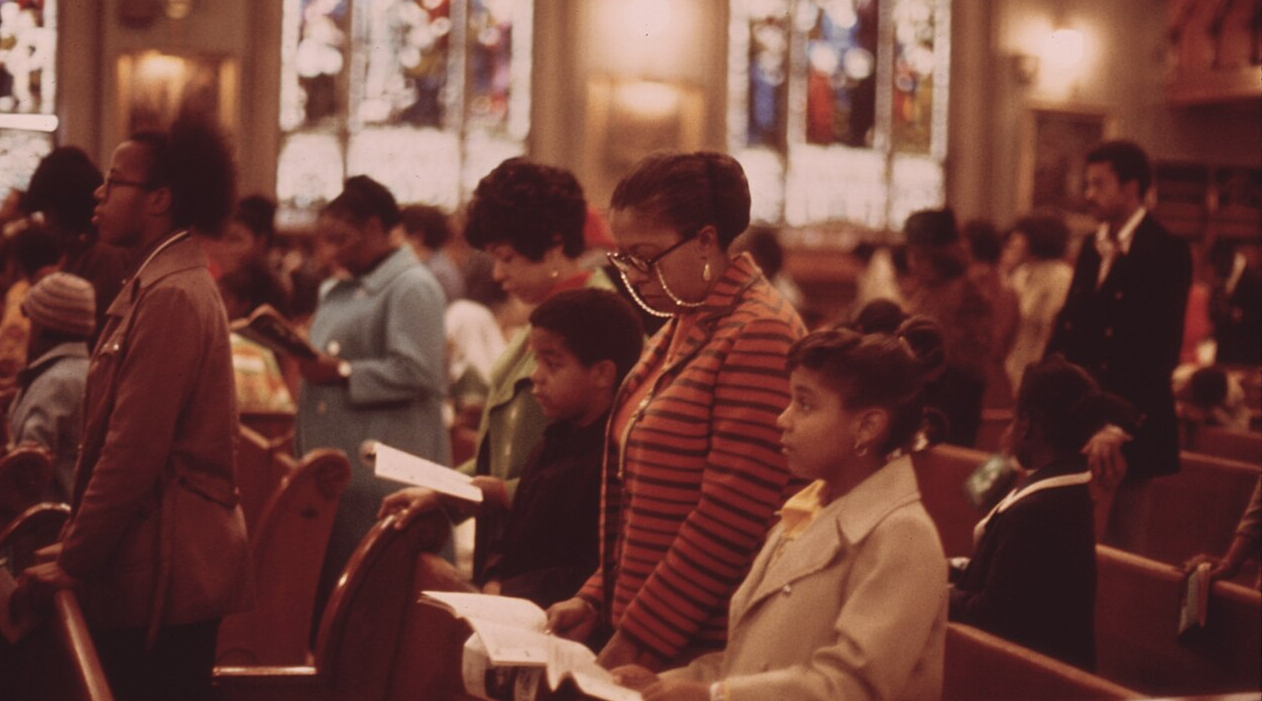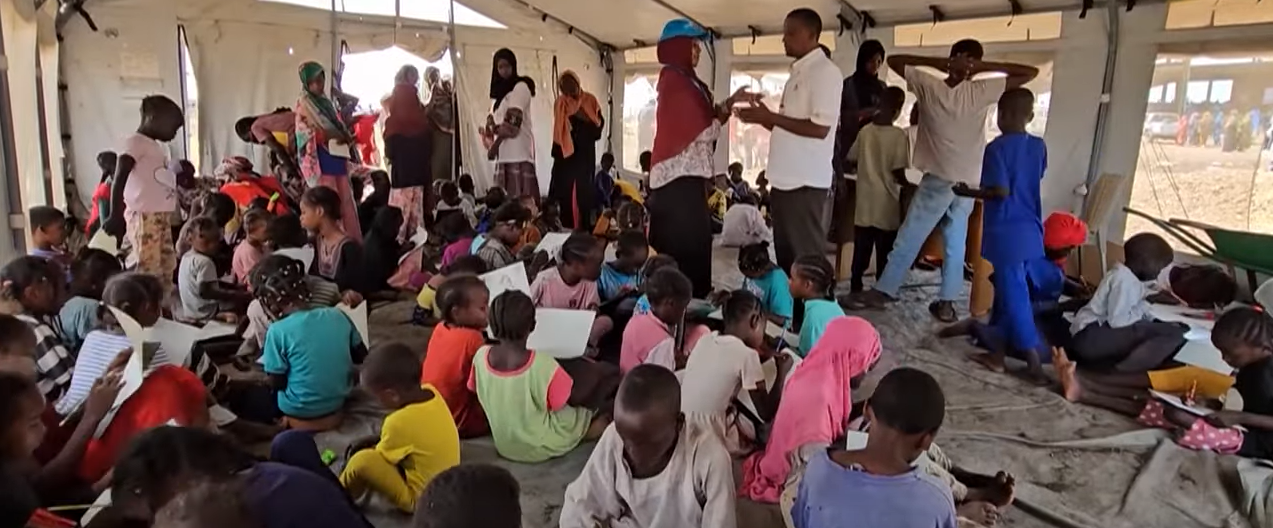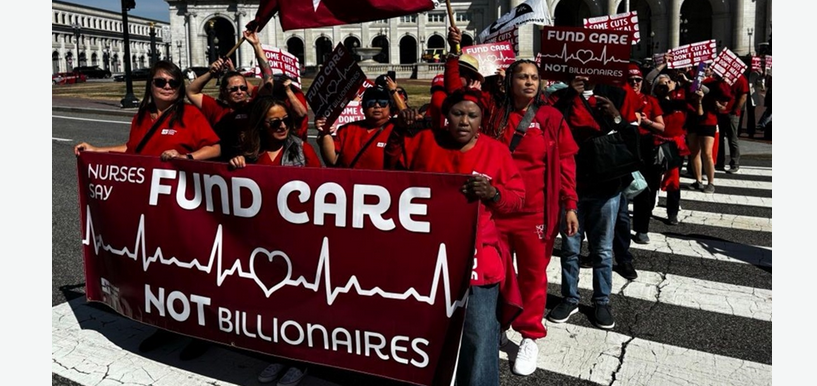President Obama launches “My Brother’s Keeper….”
[Commentary]
This is how President Barack Obama has summarized current conditions: “There are some Americans who, in the aggregate, are consistently doing worse in our society — groups that have had the odds stacked against them in unique ways that require unique solutions…And by almost every measure, the group that is facing some of the most severe challenges in the 21st century in this country are boys and young men of color.”
Last Thursday at the White House, I was on hand for one of the most inspiring and important Presidential announcements in recent history. In the aftermath of the killings of Trayvon Martin and Jordan Davis, and in response to data showing how badly the odds are stacked against millions of boys and young men of color in the United States, President Obama kicked-off “My Brother’s Keeper,” an unprecedented public-private initiative aimed at improving life outcomes and addressing opportunity gaps for the nation’s most vulnerable population.
The President made the announcement before an audience of young males of color and a coalition of government, business, civic and philanthropic leaders. I was proud to be there to represent the National Urban League.
In unusually personal terms, President Obama spoke about his own struggles with drugs and alienation as a young boy growing up without a father. He called on all Americans to do more to improve the prospects for young males of color who are less likely to graduate from high school and more likely to be unemployed or end up in jail than any other group in America.
Framing the initiative as both a moral and economic imperative, President Obama has done what Congress has failed to do over the past five years — convene a diverse and bipartisan coalition of Americans committed to targeted help for communities and populations most in need.
At the heart of the My Brother’s Keeper initiative is a commitment from a group of businesses and large and small foundations who have pledged at least $200 million over the next five years, on top of the $150 million they have already invested to test and expand proven strategies for improving the life prospects of young males of color. The President has also formed an interagency federal task force to direct this effort.
As the National Urban League Movement has asserted for years, we know what works: early childhood education, stronger pathways to college and the world of work, alternatives to zero-tolerance discipline policies, shutting down the school-to-prison pipeline, more guidance from fathers and mentors, and the courage and determination of young males of color themselves to reject negative stereotypes, make good choices and succeed.
The need for this initiative is clear. Data shows that boys and young men of color, regardless of socio-economic background, are disproportionately at risk throughout the journey from their youngest years to college and career – including large disparities in reading proficiency, employment, and involvement in the criminal justice system. These young men are more than six times as likely to be victims of murder than their white peers and account for almost half of the country’s murder victims each year. As the President said, “These statistics should break our hearts, and they should compel us to act.” I agree and I commend President Obama for his leadership in tackling this problem.
“My Brother’s Keeper” is an inspiring example of what we can do when we transform words into action and coalesce around complex issues with a commitment to changing lives. But, there is still much to be done as we work together – across the public-private-nonprofit spectrum – to drive this initiative forward. The opportunity is before us, and so is the will.
Marc H. Morial is President and CEO National Urban League







